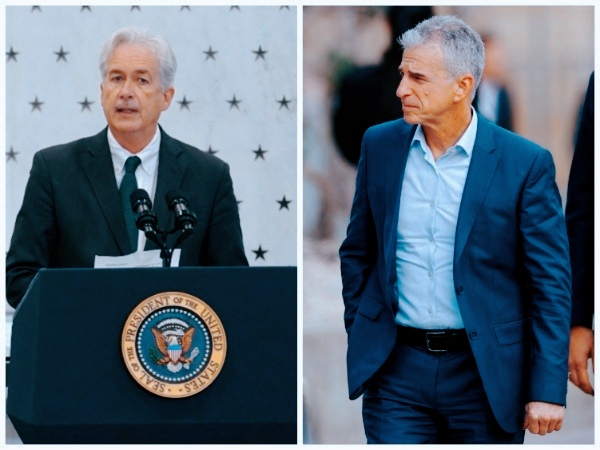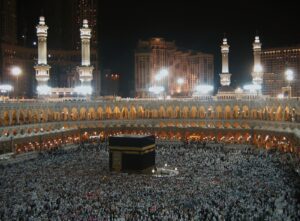Doha: In an undisclosed meeting in Qatar, CIA Director William J Burns engaged in talks with Israel’s Mossad chief and Qatar’s prime minister, aiming to broaden the scope of the Israel-Hamas hostage swap, as reported by The Washington Post.
Burns is pushing for an expanded negotiation covering both civilians and military personnel, seeking a longer multiday ceasefire. The proposal considers Israel’s request for the release of at least 10 individuals for each day of the pause in hostilities.
A pivotal aspect of Burns’s efforts focuses on the immediate release of eight or nine American hostages held by Hamas. While the CIA refrained from commenting on Burns’s classified trip, a US official confirmed his discussions in Doha, emphasizing the focus on the Israel-Hamas conflict and hostage-related matters.
Given Israel’s reliance on Mossad Chief David Barnea for negotiations, Burns plays a central role in the hostage crisis. Barnea is authorized to speak on behalf of the Israeli prime minister, making his meetings with Burns crucial for dealmaking.
The Burns-Barnea channel, previously utilized in discussions earlier this month, played a role in Israel’s initiation of four-hour pauses in northern Gaza to facilitate Palestinian evacuations, falling short of the US request for multiday pauses.
Qatar, mediating talks between Israel and Hamas since the conflict’s onset, remains a key player. US officials advocate for an extended ceasefire to facilitate hostage releases and humanitarian aid delivery to Gaza. Israeli officials express a willingness to allow up to 10 extra days before potentially resuming military operations.
Amid concerns about the humanitarian situation in Gaza, aid agencies work to enhance deliveries. Burns’s objectives in Qatar include exploring alternative formats or mechanisms to secure aid flow outside the hostage negotiations framework.
Security and logistical challenges restrict aid truck capacity, with a potential solution involving upgrading the Rafah border crossing between Gaza and Egypt with modern security equipment, according to The Washington Post.





